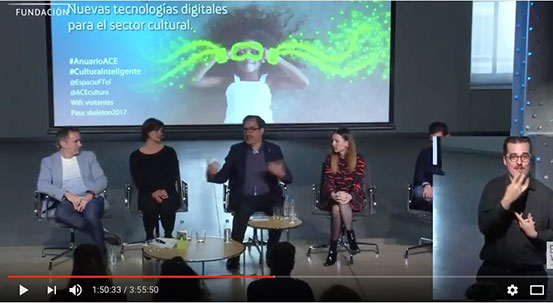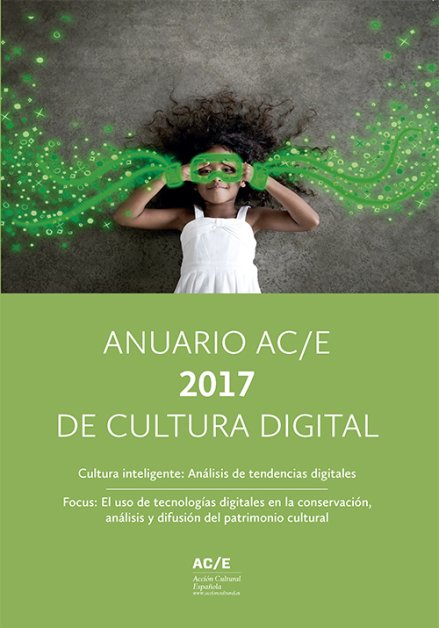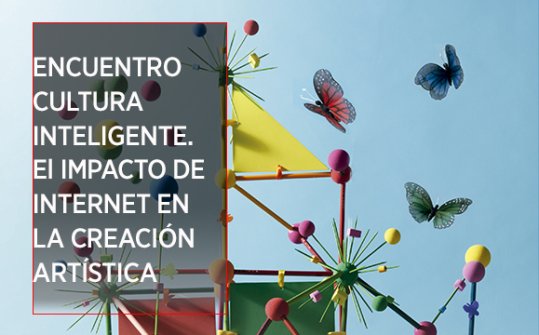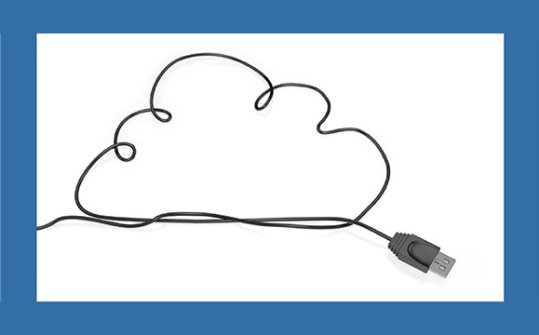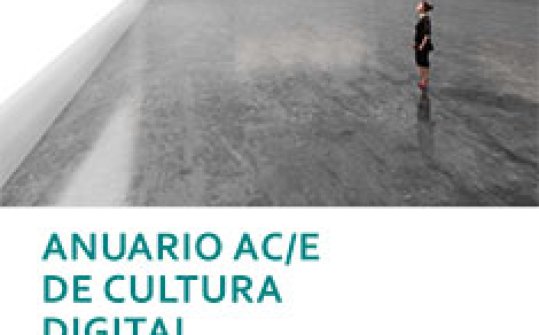Following the same structure as previous years, the 2017 annual report will be divided into two separate but complementary parts:
First part. Update
Smart culture. Analysis of digital trends
An update on digital trends in the world of culture or trends in the digital world that are applicable to culture, through several monographic articles. Content curation as a means of tackling digital information overload, neuroscience applied to technology, the latest advances in artificial intelligence, the Internet of Things and Big Data applied to culture, and the use of technology in music are some of the areas that will be explored in this year’s edition. This part will feature a total of 7 articles by prominent experts.
Second part. Study on good practice
Focus: The use of digital technologies in the conservation, analysis and dissemination of cultural heritage.
The use of digital technology to conserve, analyse and disseminate cultural heritage is growing fast, leading to radical changes in methodologies and formats. Augmented reality to reconstruct archaeological sites, virtual reality to provide immersive experiences in historical contexts, the use of 3D printing to duplicate and preserve works of the past, drones, GPR and satellite imaging for archaeological prospecting, and 3D imaging to recreate contexts and disseminate historic heritage are some of the fields the study will examine in order to familiarise sector professionals with the most innovative experiments and where they are being carried out.


